
Europe's leading specialist for density measuring instruments
By playing the video you accept the YouTube privacy policy
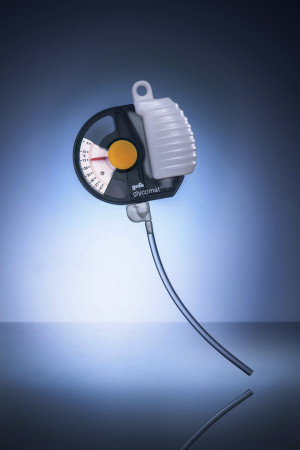
Are you looking for specialists for density gauges? Then you have come to exactly the right place! Please allow us to introduce ourselves: Gefo, the market leader in the sector of high-quality frost protection and storage-battery acid testers in Germany and Europe. We are in constant dialogue with the leading manufacturers of antifreeze products. That lets us respond quickly and correctly to our customers' demands, which we implement expediently. And in line with our motto “Quality made to measure” we have been proving this successfully for more than 70 years.
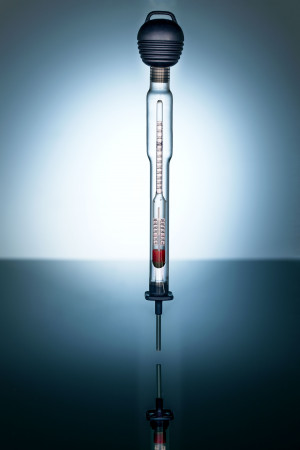
High-quality materials, sophisticated design techniques and regular monitoring ensure the long service lives of Gefo devices even with daily use. It’s no coincidence that meanwhile our products are sought after around the world. To preserve this lead all our density gauges will continue to be “Made in Germany”. Only then can we guarantee the continuous quality of our products and be able to quickly analyse any potential error sources.
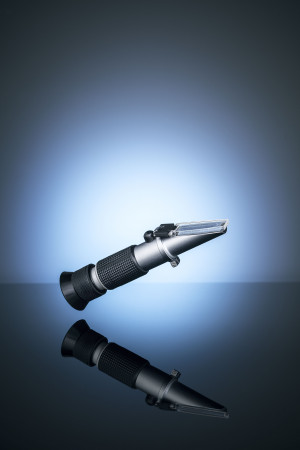
The long-standing loyalty of our customer proves that with our high standards we are on the right track. And we would naturally welcome you to soon rank among our customers also. Please do not hesitate to knock on our door with your specifications and requests. We look forward to hear from you. Your Gefo Team.
Our products are used by automobile accessory dealers, battery manufacturers, automobile manufacturers, procurement organisations, official institutions, DIY-stores and importers and exporters.
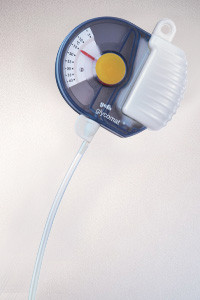
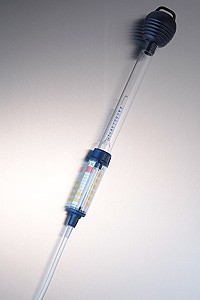
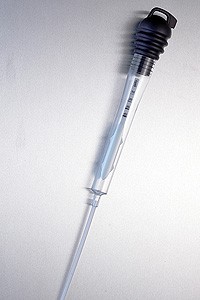
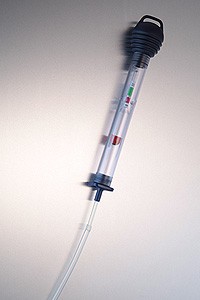
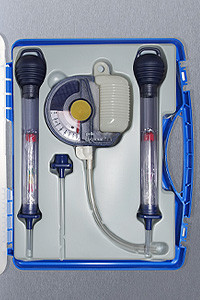
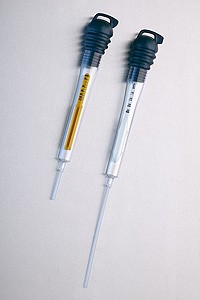
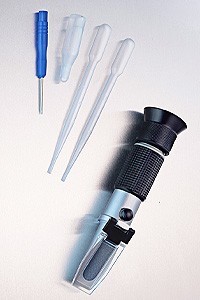
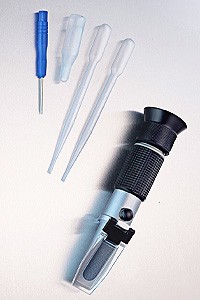
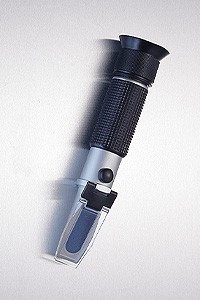
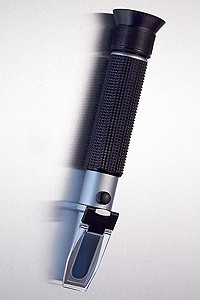
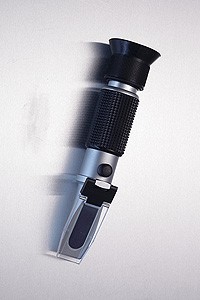
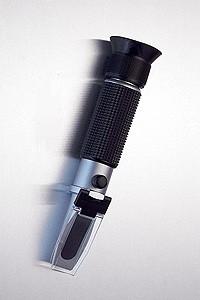
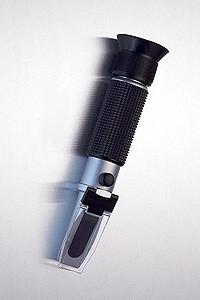
More refractometers on request
We want to make sure that consulting, sales and the supply of our products are all under one roof.
That lets us respond to individual customer requirements and answer your questions promptly.
Please feel free to get in touch with us!